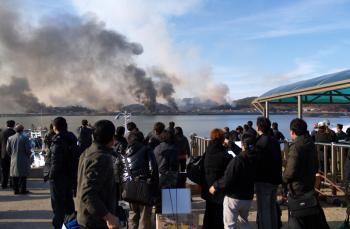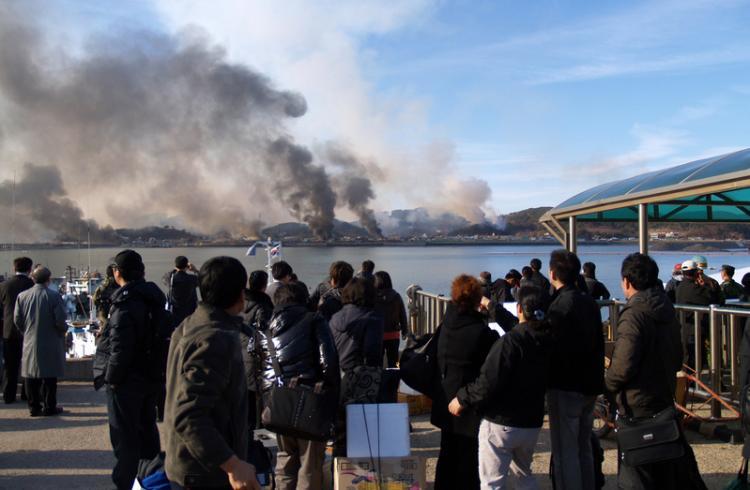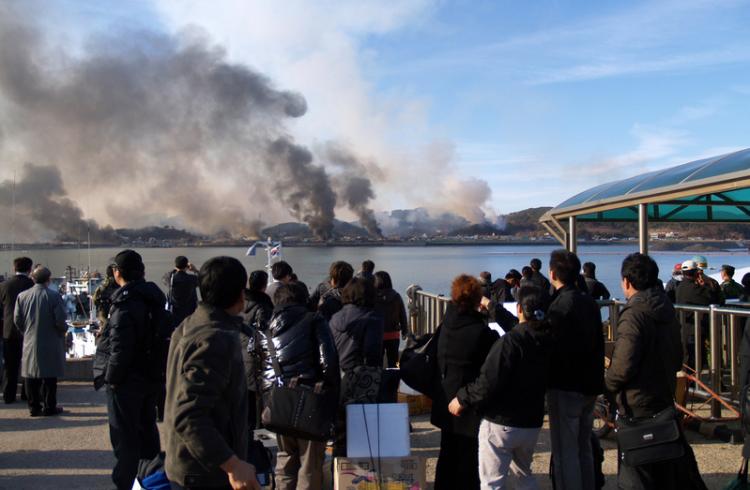Attack on South Korea an Elaborate Ploy, Analysts Say
China wants to force the U.S. to the negotiation table to gain political concessions, experts say.

On Nov 23, 2010 North Korea bombed South Korea's Yeonpyeong island, located 83km (50 miles) from Seoul. Getty Images
|Updated:





